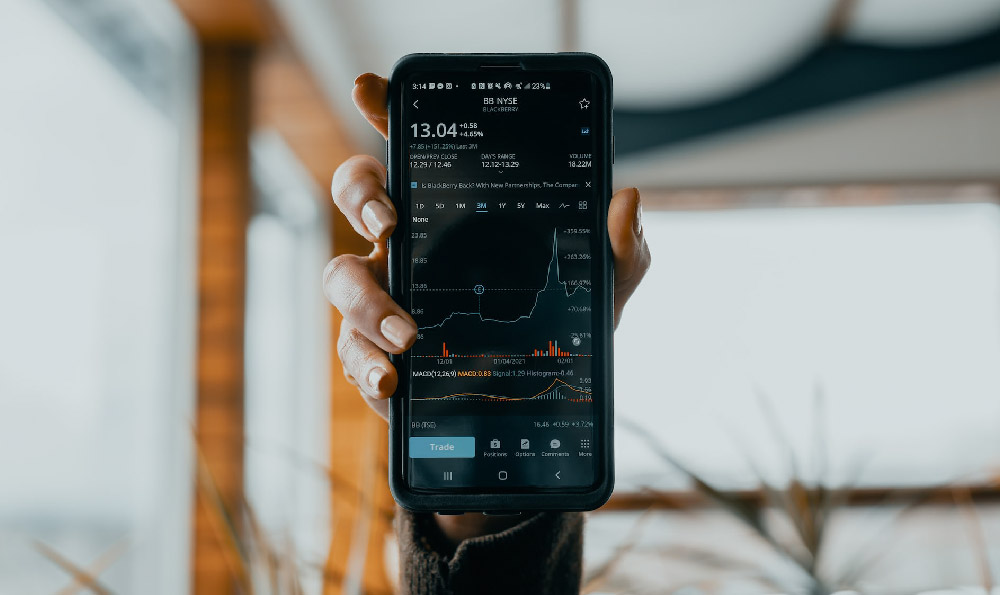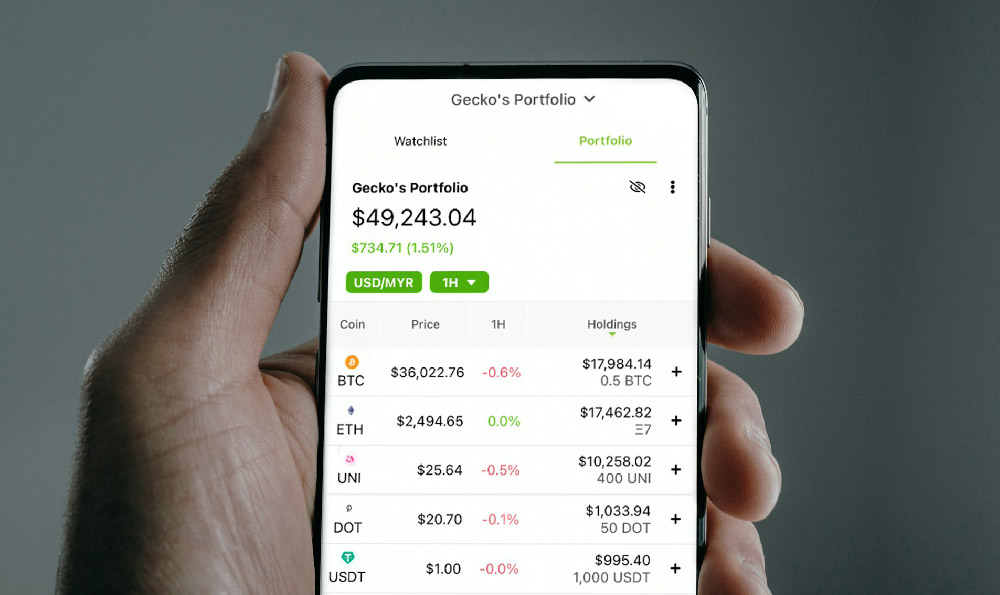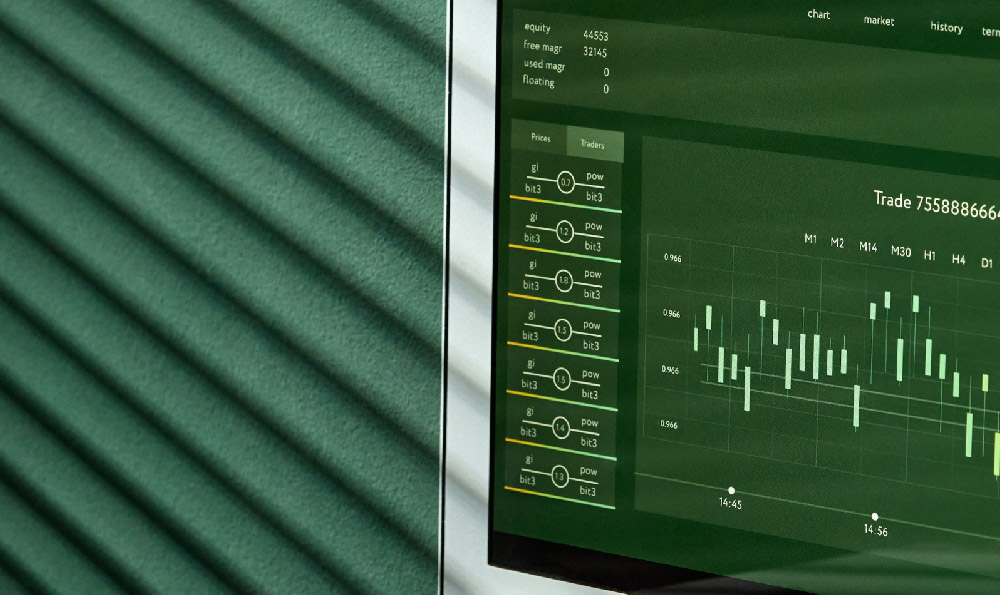Okay, I understand. Here's an article responding to the prompt "How to make money while on unemployment? What are the best strategies?" written from a perspective of a knowledgeable financial advisor, focusing on providing actionable advice while avoiding bullet points and numbered lists, and without using the exact title in the text. The article is written in English and exceeds 800 words.
Navigating the financial realities of unemployment can be daunting, but it doesn't have to be a period of complete financial standstill. While securing a new job is undoubtedly the ultimate goal, there are numerous avenues to explore that can generate income, maintain financial stability, and even potentially lead to exciting new career paths. The key is to be proactive, resourceful, and willing to adapt.
One of the most readily accessible strategies involves leveraging existing skills and experience in a freelance capacity. Platforms like Upwork, Fiverr, and Freelancer.com connect individuals with businesses and individuals seeking specific services. If you have experience in writing, editing, graphic design, web development, marketing, or even administrative tasks, you can offer your services on these platforms. Building a strong profile with compelling examples of your past work is crucial for attracting clients and securing projects. The initial income might be modest, but consistent effort and positive client reviews can lead to increased rates and more lucrative opportunities. Critically, manage your time effectively and set realistic deadlines to ensure client satisfaction. Remember, your reputation is paramount in the freelance world.

Another potentially lucrative option is to monetize hobbies and passions. Do you enjoy crafting? Consider selling your creations on Etsy or at local craft fairs. Are you a skilled photographer? Offer your services for portrait sessions or event photography. Do you have a knack for baking? Start a small-scale baking business from home. Turning a hobby into a source of income not only provides financial relief but also offers a sense of purpose and fulfillment during a challenging time. This approach requires careful planning, including market research to identify potential customers, pricing strategies to ensure profitability, and marketing efforts to promote your products or services. Compliance with local regulations regarding home-based businesses is also essential.
The gig economy offers a wide array of opportunities for earning income on a flexible schedule. Driving for ride-sharing services like Uber or Lyft, delivering food for companies like DoorDash or Grubhub, or even running errands for TaskRabbit can provide immediate income. These options often require minimal upfront investment and offer the flexibility to work around other commitments, such as job searching. However, it's crucial to factor in expenses like vehicle maintenance, fuel costs, and self-employment taxes when calculating your net earnings. Furthermore, consider the potential impact on your vehicle's value and your personal safety before committing to these types of gigs.
Beyond active income generation, exploring passive income streams can provide a more sustainable long-term solution. This may require some initial investment of time or money, but the potential for recurring income with minimal ongoing effort can be significant. For example, if you have a knack for writing, consider creating and selling an e-book or online course on a topic you're knowledgeable about. Platforms like Amazon Kindle Direct Publishing and Teachable make it relatively easy to publish and market your content. Similarly, if you have valuable skills or knowledge, you could create informative videos and upload them to YouTube, monetizing them through advertising revenue. Building a following on social media platforms can also create opportunities for sponsored content and affiliate marketing. Passive income streams require ongoing maintenance and promotion, but they can provide a valuable source of income while you focus on your job search.
One often overlooked area involves maximizing available government assistance programs. While unemployment benefits provide a crucial safety net, there may be other programs available to assist with housing, food, healthcare, and utilities. Contacting your local social services agency or community resource center can help you identify and apply for eligible programs. Utilizing these resources can free up more of your personal funds to cover other essential expenses or invest in income-generating activities.
Finally, consider exploring opportunities for upskilling or reskilling. Unemployment provides an opportunity to invest in yourself and acquire new skills that can make you more competitive in the job market or open up new career paths. Many online platforms offer affordable courses in a wide range of subjects, from software development to digital marketing to data analysis. Investing in new skills can not only increase your earning potential but also boost your confidence and morale during a period of uncertainty. Look for free or low-cost resources offered by community colleges, libraries, and government agencies. Focus on skills that are in high demand in your local area or in industries that align with your interests and long-term career goals. This can be a significant investment that will pay dividends long after you secure new employment. Remember to connect with people in the fields you are interested in for advice and networking.
In conclusion, unemployment doesn't have to be a period of financial despair. By exploring various income-generating strategies, leveraging available resources, and investing in your own development, you can navigate this challenging time with greater financial stability and emerge stronger and more resilient. The key is to be proactive, adaptable, and persistent in your efforts. While each of these approaches has its own set of considerations and risks, the combination of thoughtful planning and diligent execution can offer a path towards financial security during unemployment and beyond. Remember to treat any income earned while receiving unemployment benefits in accordance with the rules of the agency providing assistance. Reporting your earnings is crucial to ensure you remain in compliance and avoid potential penalties.












